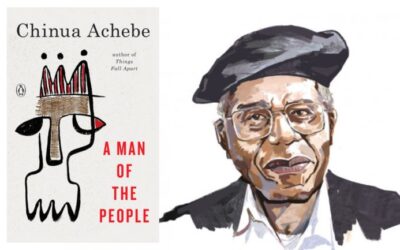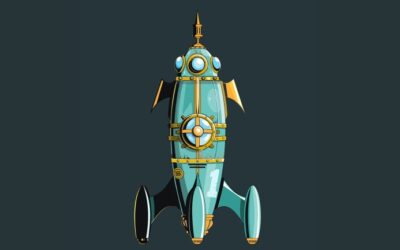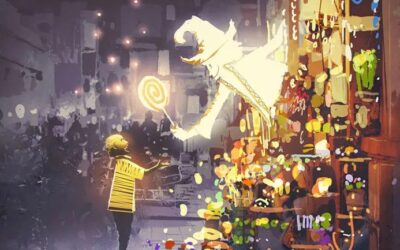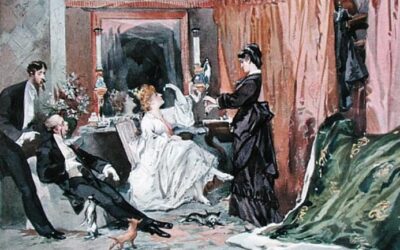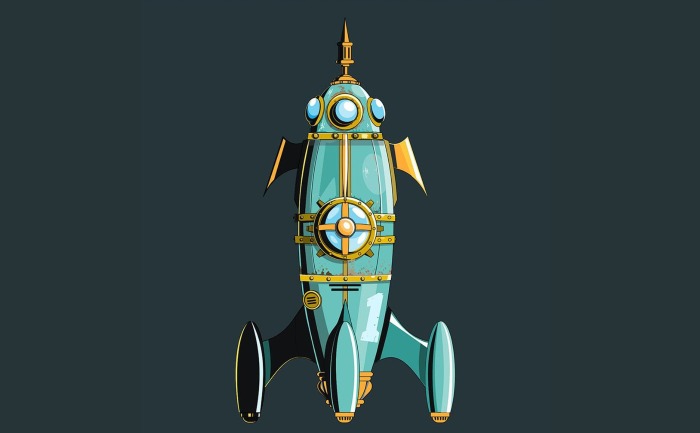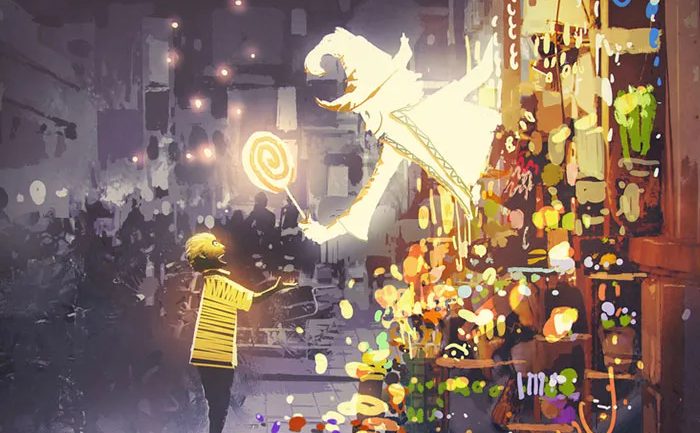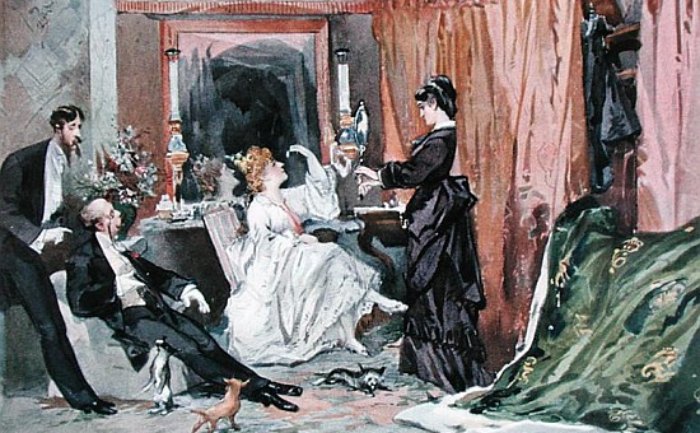The Dead Man by Jorge Luis Borges
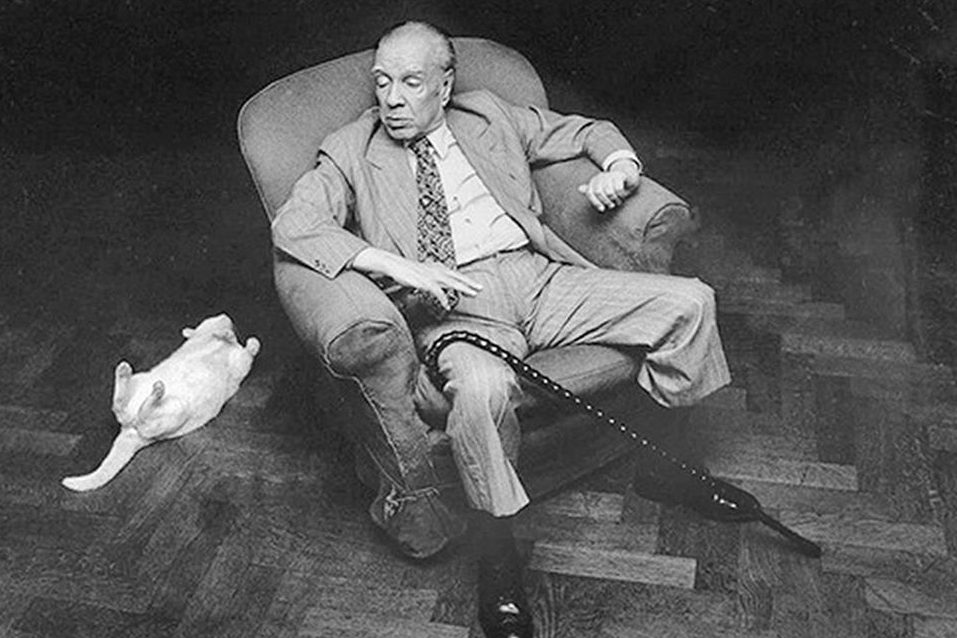 Jorge Luis Borges (1) (1)
Jorge Luis Borges (1) (1)
The Dead Man is a short story by Argentinian writer Jorge Luis Borges. It was first published in the magazine Sur in November 1946 and appears in the 1949 short story collection The Aleph.
The Dead Man by Jorge Luis Borges
That a man from the suburbs of Buenos Aires, a wistful townsman with no other virtue than an infatuation with courage, should penetrate the equestrian wastelands along the Brazilian-Argentine frontier and become a captain of contrabandists would seem, initially, impossible. To those who think so, I should like to recount the story of Benjamín Otálora, of whom there is probably not so much as a memory left in the Balvanera quarter, and who died according to his own law, from a bullet, on the borders of Rio Grande do Sul. I do not know the details of his adventure; when they are given me, I shall rectify and amplify these pages. For the moment, the following résumé may serve:
In 1891, Benjamín Otálora is nineteen years old. He is a bully, with a low brow, ingenuous light eyes, and Basque robustness. A lucky knife thrust has revealed to him that he is brave; the death of his opponent does not disquiet him, nor does the immediate need to flee the Argentine. The boss of his parish gives him a letter for a certain Azevedo Bandeira, of Uruguay.
Otálora embarks. The crossing is stormy and the ship works hard. The next day, he wanders through the streets of Montevideo with unconfessed and perhaps even unconscious sadness. He does not find Azevedo Bandeira.
Toward midnight, in a dive on the Paso del Molino, he is witness to an altercation between a number of cattle drovers. A knife flashes. Otálora does not know which side is in the right, but he is attracted by the pure taste of danger as others are attracted by playing cards or music. In the confusion, he fends off a low knife thrust by a peon against a man wearing a dark slouch hat and a poncho.
This man turns out to be Azevedo Bandeira. (When Otálora finds out, he tears up the letter to him, preferring to owe everything to himself.) Though husky, Azevedo Bandeira gives an unjustified impression of being deformed; in his face, always looming too close, are the Jew, the Negro, and the Indian; in his look, the monkey and the tiger; the scar which cuts across his face is one more ornament, like his black bristly mustache.
The altercation—a projection or error of alcohol—comes to an end with the same rapidity with which it began. Otálora drinks with the drovers and later accompanies them to a party, and still later to a big house in the Old City, the sun by now high in the sky. In the innermost patio, which is of earth, the men spread out their gear to sleep on. Otalora dimly compares this night with the previous one; now he walks on solid ground, among friends. True, he feels a bit uneasy that he does not miss Buenos Aires.
He sleeps until the hour for morning prayer, when he is awakened by the countryman who had drunkenly attacked Bandeira. (Otálora recalls that this man shared with the others the tumultuous and jubilant night, and that Bandeira sat down at his right and obliged him to go on drinking.) The man tells him that the chief has sent for him.
In a kind of office leading into the entranceway (Otálora had never seen an entranceway with lateral doors), Azevedo Bandeira is awaiting him, in the company of a fine, disdainful woman with red hair. Bandeira appraises him, offers him a shot of cane brandy, repeats that Otálora strikes him as a brave man, proposes he go north with the rest of them to bring back a herd. Otálora accepts; toward dawn they are on the road, en route to Tacuarembó.
Otálora now begins a different life, a life of vast dawns and of days smelling of horses. It is a new life for him, sometimes an atrocious one, but it has already passed into his bloodstream, for just as men of other nations venerate and feel a presentiment of the sea, in the same way we Argentines (including the man who interweaves these symbols) long for the inexhaustible plains which resound beneath the hooves. Otálora was raised in the quarter of the city inhabited by carters and wagoners.
Before a year is out, he has become a gaucho. He learns to ride, to round up the cattle on the hacienda, to slaughter on the range, to handle the lasso and the bolas that fell cattle, to fight off sleep, to endure storms and frost and sun, to drive livestock with whistles and cries.
Only once, in all this time of apprenticeship, does he see Azevedo Bandeira, but the latter is very much in his mind, for to be “one of Bandeira’s men” is to be highly considered and feared, and because, in the presence of any act of virility, the gauchos say “Bandeira does it better.” Someone asserts that Bandeira was born on the other side of the Cuareim, in Rio Grande do Sul; this attribution, which should make him less, adds a dimension and mysteriously leagues him with thick jungles, with swamps, with inextricable and almost infinite distances.
Gradually, Otálora realizes that Bandeira’s affairs are multiple and that chief among them is smuggling. To be a cattle drover is to be a serf; Otálora determines to rise to the rank of contrabandist. One night, two comrades are to cross the frontier and bring back a quantity of cane brandy; Otálora picks a quarrel with one of them, wounds him, and then takes his place. He is moved to it by ambition, and also by some dark sense of loyalty. Let that man (he thinks) realize, once and for all, that I’m worth more than all his Uruguayans put together.
A year passes before Otálora returns to Montevideo. The party rides along the riverbank, around the city (which strikes Otálora as immense); they arrive at the chief’s house; the men spread out their gear in the inmost patio. The days pass, and Otálora still has not seen Bandeira. They say, fearfully, that he is sick; a mulatto customarily takes up his soup caldron and his maté tea to his quarters. One afternoon, Otálora is entrusted with the job. He feels a vague humiliation, but also satisfaction.
The bedroom is dilapidated and dark. There is a balcony facing west, a long table covered with whips, horsewhips, gun and cartridge belts, firearms, and knives, and there is a remote mirror with its glass dimmed. Bandeira lies face upward. He dreams and moans; the vehemence of a setting sun outlines him. The vast, white bed seems to diminish and obscure him. Otálora takes note of the gray hair, the fatigue, the flaccidity, the fissures of the years. He is revolted at the thought that this old man should be their leader. It occurs to him that a single blow would be enough to take care of the man in the bed.
At this juncture, he notices in the mirror that someone has come into the room. It is the red-haired woman; she is half dressed and barefoot, and she observes him with cold curiosity. Bandeira sits up; while he talks of country matters and drinks one maté after another, his fingers play with the woman’s braids. At last, he gives Otálora permission to withdraw.
Days later, the order to go north is given. The troop rides to a lost far-off country house which stands as it might have stood in any other part whatsoever of the interminable plain. Neither trees nor a stream gladdens it; the first sun and the last beat upon it. The hacienda boasts stone corrals, but the whole place is run down. This poor place is called The Sigh.
Otálora learns, from a discussion among the peones, that Bandeira will soon be coming from Montevideo. He asks why, and is told that there is an outsider among them, an outsider-turned-gaucho who is trying to take over. Otálora realizes that they are joking, but he is flattered that such a joke has become possible. He learns, a bit later, that Bandeira has fallen out with one of the political chieftains and that the latter has withdrawn his support. This news pleases him.
Boxes of long weapons begin to arrive; a silver jar and basin arrive for the woman’s quarters; intricate damask curtains arrive. Out of the mountain range one morning rides a sombre horseman with a heavy beard and wearing a poncho. His name is Ulpiano Suárez, and he is Azevedo Bandeira’s capanga, or bodyguard. He says little and speaks with Brazilian intonations. Otálora does not know whether to attribute his reserve to hostility, scorn, or mere barbarity. He does know, for sure, that in order to carry out the plan he is hatching he must gain his favor.
A reddish horse with black points next enters into Benjamin Otálora’s destiny; it is brought from the south by Azevedo Bandeira, and it boasts accoutrements covered with metal, and saddle padding bordered with tiger skin. This free-spirited horse is a symbol of the chief’s authority, and for that reason the boy covets it; he also desires, with a rancorous desire, the woman with the luminous hair. The woman, the accoutrements, and the reddish horse are attributes or adjectives of a man whom he aspires to destroy.
Here the story becomes complicated, more profound. Azevedo Bandeira is an expert in the art of progressive intimidation, in the satanic maneuver of gradually humiliating his interlocutor by combining verities and gibes. Otálora resolves to apply this ambiguous method to the hard task he has set himself. He resolves to supplant, slowly, Azevedo Bandeira. He gains, during days of common danger, the friendship of Suárez. He confides in him his plan; Suárez promises his help.
Many things happen thereafter, a small number of which I know about. Otálora does not carry out Bandeira’s orders; he overlooks them, corrects them, invents them. The entire universe seems to conspire along with him, and to hasten events.
One noonday, in some fields in Tacuarembó, there is an exchange of gunfire with a gang from Rio Grande Province; Otálora usurps Bandeira’s place and takes command of the Uruguayans. A bullet goes through his shoulder, but that afternoon Otálora rides back to The Sigh on the red horse of the chief, and that afternoon some drops of his blood stain the tiger skin, and that night he sleeps with the woman with the luminous hair. Other versions of the story change the order of these events and even deny that they all occurred in one day.
Bandeira, nevertheless, is always nominally chief. He issues orders, which are not executed. Benjamín Otálora does not touch him, for mixed reasons of custom and pity.
The last scene of the drama is encompassed in the upheaval of the last night. That night, the men at The Sigh eat freshly slaughtered meat and drink a fighting liquor; someone infinitely draws out flourishes of an elaborate milonga on the guitar. At the head of the table, Otálora, drunk, adds exultation to exultation, jubilation to jubilation; this vertiginous tower becomes a symbol of his irresistible destiny. Bandeira, taciturn among the shouters, lets the night flow clamorously along.
When the bell tolls twelve, he rises like a man remembering an obligation. He gets up and knocks softly at the woman’s door. She opens to him swiftly, as if she had been awaiting his call. She comes out half dressed and barefoot. In a voice grown effeminate, a voice which comes thickly, the chief gives an order: “Now that you and the man from Buenos Aires are so much in love, you can go and give him a kiss right in front of everybody.” He adds a brutal particular, an obscene detail.
The woman tries to resist, but two men take her by the arm and push her upon Otálora. Dissolving in tears, she kisses his face and chest. Ulpiano Suárez has taken his revolver in his hand. Otálora realizes, before he dies, that they have betrayed him from the start, that he has been condemned to death—that they have allowed him to make love, to command, to triumph because they had already given him up for dead, because in Bandeira’s eyes he was already dead.
Suárez, almost scornfully, pulls the trigger.
Best Jorge Luis Borges Books





